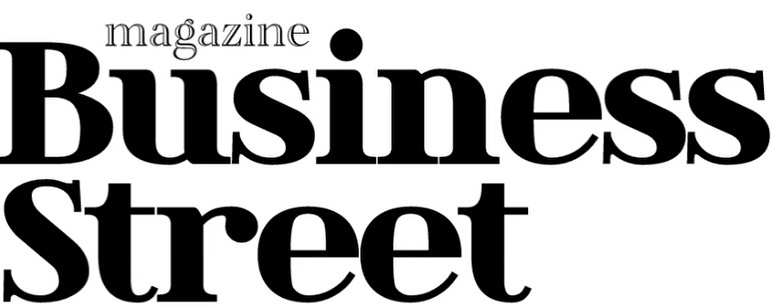Financial freedom is no coincidence – it’s the result of your own mindset, as entrepreneur and mentor Ferhat Kacmaz firmly believes. After all, he went from visionary to millionaire. In our interview, he explains why clarity has often mattered more than sheer activity, and which insights he hopes to pass on to young entrepreneurs.
Ferhat, what moved you to write a book – was there a defining moment that inspired you?
There wasn’t a single dramatic event— it was more of a pattern I kept seeing. Brilliant people were working hard, but they lacked a clear plan for managing their money, time, and decisions. I had my own playbook scattered across notebooks and conversations with founders I mentor. I wanted to distill it into something concise and usable – a blueprint that blends mindset, strategy, and lifestyle, so that people can act with clarity. »Designing Wealth« is not a memoir; it’s a framework you can apply immediately.
Your subtitle reads »A visionary’s guide to mindset and freedom« How much does someone have to be a visionary in order to achieve financial freedom?
Being a visionary isn’t about predicting the future—it’s about defining your future and aligning your daily choices to it. Vision gives you a filter: what to pursue, what to ignore, and why your money exists in the first place. In practical terms, vision means
- direction: it is a vivid picture of the life you’re building.
- design: translating that picture into systems – cash flow, assets, and time blocks.
- discipline: showing up consistently until compounding does the heavy lifting.
You don’t need grand speeches – you need a clear target and the courage to act on it!
Is mindset truly the decisive factor – what role do knowledge and skills play?
Mindset is the operating system; knowledge and skills are the apps. You need all three:
- a mindset: beliefs that support ownership, long‑term thinking, and responsibility.
- a skillset: practical competence – pricing, negotiation, capital allocation, building offers, reading basic financials.
- a systemset: repeatable processes – weekly reviews, automated saving/investing, lead and content systems.
My rule of thumb: Outcome = Mindset × Skillset × Systemset. If any variable is zero, the result collapses. Mindset unlocks, skills produce, systems sustain!
What common mistakes do people make when aiming for financial success or freedom – and which did you make yourself?
There are a few typical mistakes:
- no clear target: »Making more money« is not a plan. Define numbers, dates, and criteria!
- chasing tactics over systems: new hacks without a consistent engine (offer → delivery → cash flow → reinvest).
- lifestyle inflation: spending increases as income rises; freedom stays out of reach.
- mixing accounts: no separation of business and personal finances; no runway!
- quitting compounding: changing niches with every quarter; no patience for flywheel effects.
- And these are the mistakes I made in my career:
- saying »yes« to too many things: activity looked like progress; but it didn’t translate into profit.
- over‑diversifying too early: I spread attention across projects instead of compounding one.
- confusing revenue with freedom: until I built assets and systems, the calendar owned me.
The fixes were simple, not easy: focus, clean numbers, weekly operating rhythm, and a written reinvestment policy!
If you had three wishes for young entrepreneurs and new wealth builders, what would they be?
First of all, choose clarity before speed! Write a ten‑year vision, a three‑year picture, and a twelve‑month plan with three to five measurable outcomes. Choose one vehicle and commit to it for at least a year!
Second, systems over willpower: automate saving/investing, block learning time weekly, and run 90‑day execution cycles with a simple scorecard (leads, offers, delivery, cash). Small, boring improvements win!
And third, protect your environment! Curate mentors and peers who normalize excellence. Guard sleep, fitness, and calendar. Money is a tool; freedom is the goal; quality is the standard.
I would like to add a closing thought: Wealth is designed – it does not happen accidentally. If you align identity, habits, and systems with a clear vision; freedom becomes a process, not a miracle.
Our interviewpartner:
Ferhat Kacmaz is a serial entrepreneur, investor, and self-made millionaire. His book »Designing wealth« was published in August 2025.
